Infants who get an rsv infection almost always show symptoms. In very young infants with rsv, the only symptoms may be irritability, decreased activity, and breathing difficulties.
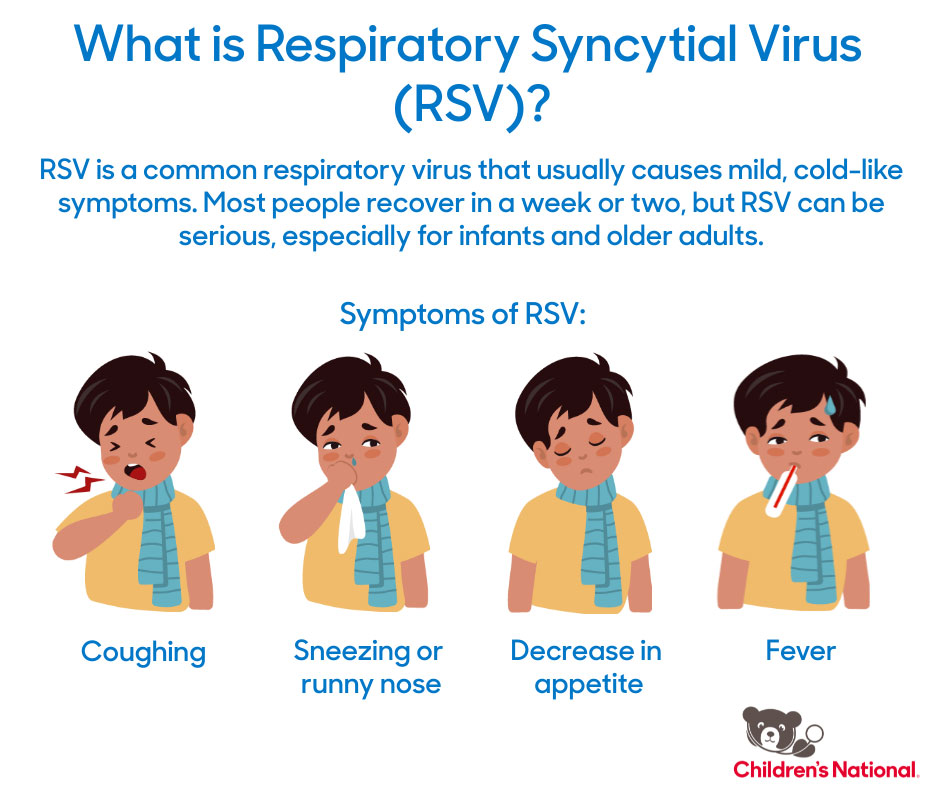
Respiratory Syncytial Virus Rsv - Childrens National
Rsv is also the most common cause of bronchiolitis and pneumonia in babies younger than 1 year.

Rsv in babies breathing. Rsv, or respiratory syncytial virus, is a seasonal illness that has been commonly overlooked even though it affects about 97% of children by the age of two. Here are the warning signs to look for: The chance of a severe infection is.
After a few days, symptoms can worsen to fever, cough, wheezing or rattling in the chest, and breathing hard and fast. Breathing that’s faster than normal; This is because the symptoms are similar to that of the common cold and are normally mild.
Rsv is most common in infants between 2 and 8 months of age. Hoping to raise awareness, prior shared a video from the hospital that illustrates zeke's labored breathing. Watch your child's rib cage as he or she inhales.
Symptoms of rsv infection usually include. Infection can happen again anytime throughout life. A small number of children who have a severe bout of rsv may have wheezing for months and sometimes even years afterwards (bmj 2016).
In infants and in young children, rsv is the most common cause of lower respiratory tract infections. This is different from adults who can sometimes get rsv infections and not have symptoms. These symptoms usually appear in stages and not all at once.
In serious cases, a person may require additional oxygen or intubation (having a breathing tube inserted through the mouth and down into the airway). The most common symptoms of rsv include: In infants, especially babies who are premature or have low muscle tone or other lung diseases, this thick mucus can become deadly.
How common is rsv in infants? Because babies with rsv breathe much faster and much harder than usual, they lose a lot of fluid through the lungs and can easily become dehydrated. Rsv is a viral illness that causes trouble breathing.
Your child may need to be treated in the hospital to help with breathing. Apnea, or a period of time where your baby is not breathing, is a critical symptom in an infant under 6 months, says marshall. Cases of rsv (respiratory syncytial virus) are on the rise.
Symptoms a baby may have with rsv include: Most babies have been infected at least once by the time they are 2 years old. Rsv can be more than a cold, and knowing.
Call your doctor right away if you notice your baby breathing this way. In older kids, rsv is unpleasant but easier to deal with since airways are bigger, and the muscles involved in coughing and ridding the body of mucus are stronger. Short, shallow and rapid breathing
Breathing from the belly or retracted breathing between the ribs or lower neck. But some young children, specifically babies, rsv can lead to complications like pneumonia. In very young infants (less than 6 months old), the only symptoms of rsv infection may be.
However, some people with rsv infection — especially older adults or infants younger than 6 months of age — may need to be hospitalized if they are having trouble breathing or are dehydrated. But for some, rsv can be severe and even life threatening. Symptoms of rsv in infants include:
Chest wall retractions occur when a baby must use muscles between the ribs or in the neck to breathe. A long exhale sound (usually exhaling is pretty fast, in rsv it is longer than the inhale sound) flaring of your baby’s nostrils with every breath; If you see labored breathing that looks like this, contact your child’s doctor immediately.
It is a sign that baby is having to work harder than normal to breathe. Apart from a history of possible exposure at a childcare center, school and a known outbreak, these signs and symptoms are indicative of a severe respiratory syncytial virus (rsv) infection in infants that require emergency medical care (child needs to be taken to the emergency room): Fast breathing, over 40 times a minute;
It is more common in winter and early spring months. Things start going downhill when rsv causes labored breathing. Because rsv is a small airway disease and infants have the smallest airways, it can quickly become serious, especially in babies born prematurely.
Respiratory syncytial virus spreads through the air, like after a cough or a sneeze, and through direct contact like touching. Although this is one of the more common—yet terrifying—rsv symptoms in newborns (very young newborns may have pauses in their breathing for more than 20 seconds when they have rsv, according to dr. Notice the fast belly breathing, grunting, and wheezing, all signs of breathing problems linked to rsv.
Treatment for infants with bronchiolitis caused by respiratory syncytial virus (rsv) includes supplemental oxygen, nasal suctioning, fluids to prevent dehydration, and other supportive therapies. Severe rsv can be unprredictable.

Bronchiolitis And Rsv After Hours Kids Physician Assistants
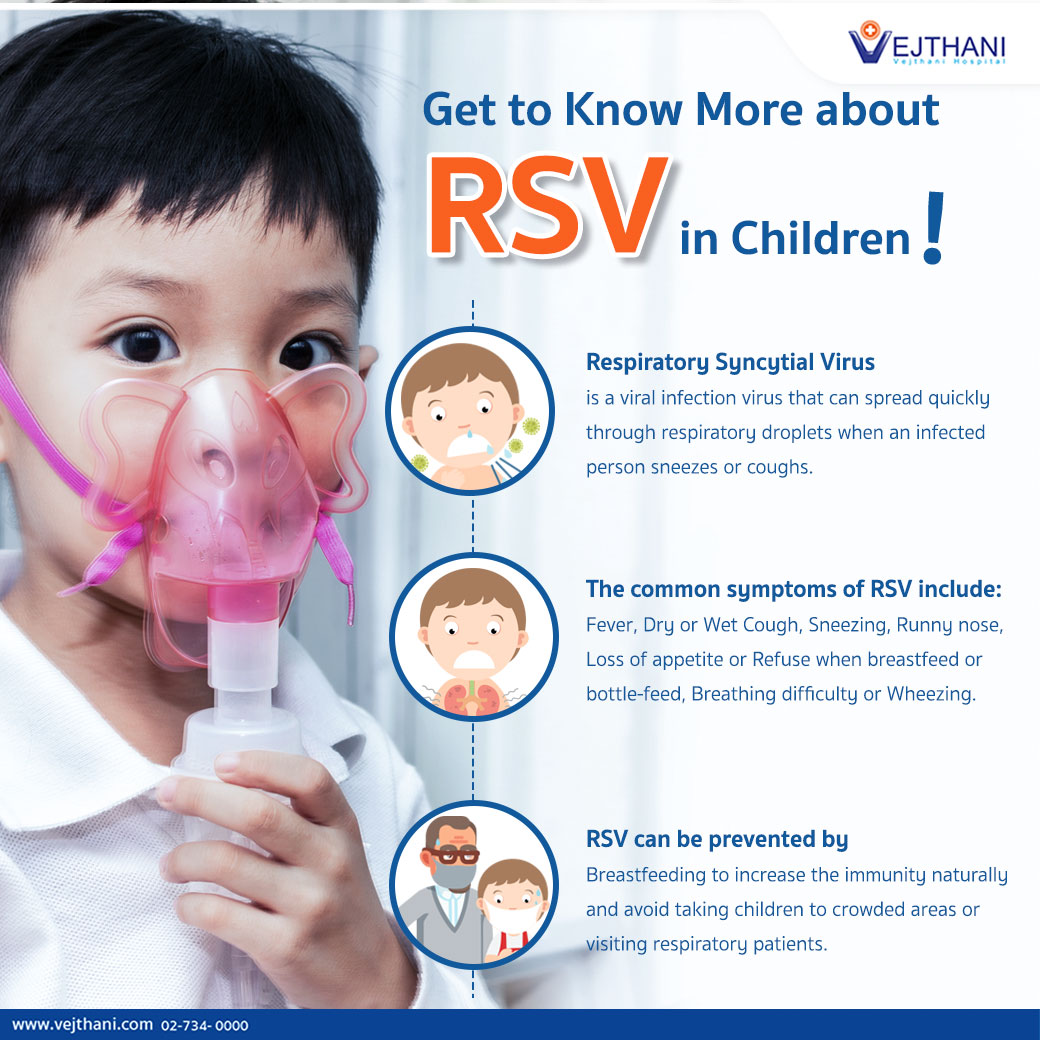
Get To Know More About Respiratory Syncytial Virus Rsv In Children - Vejthani Hospital Jci Accredited International Hospital In Bangkok Thailand
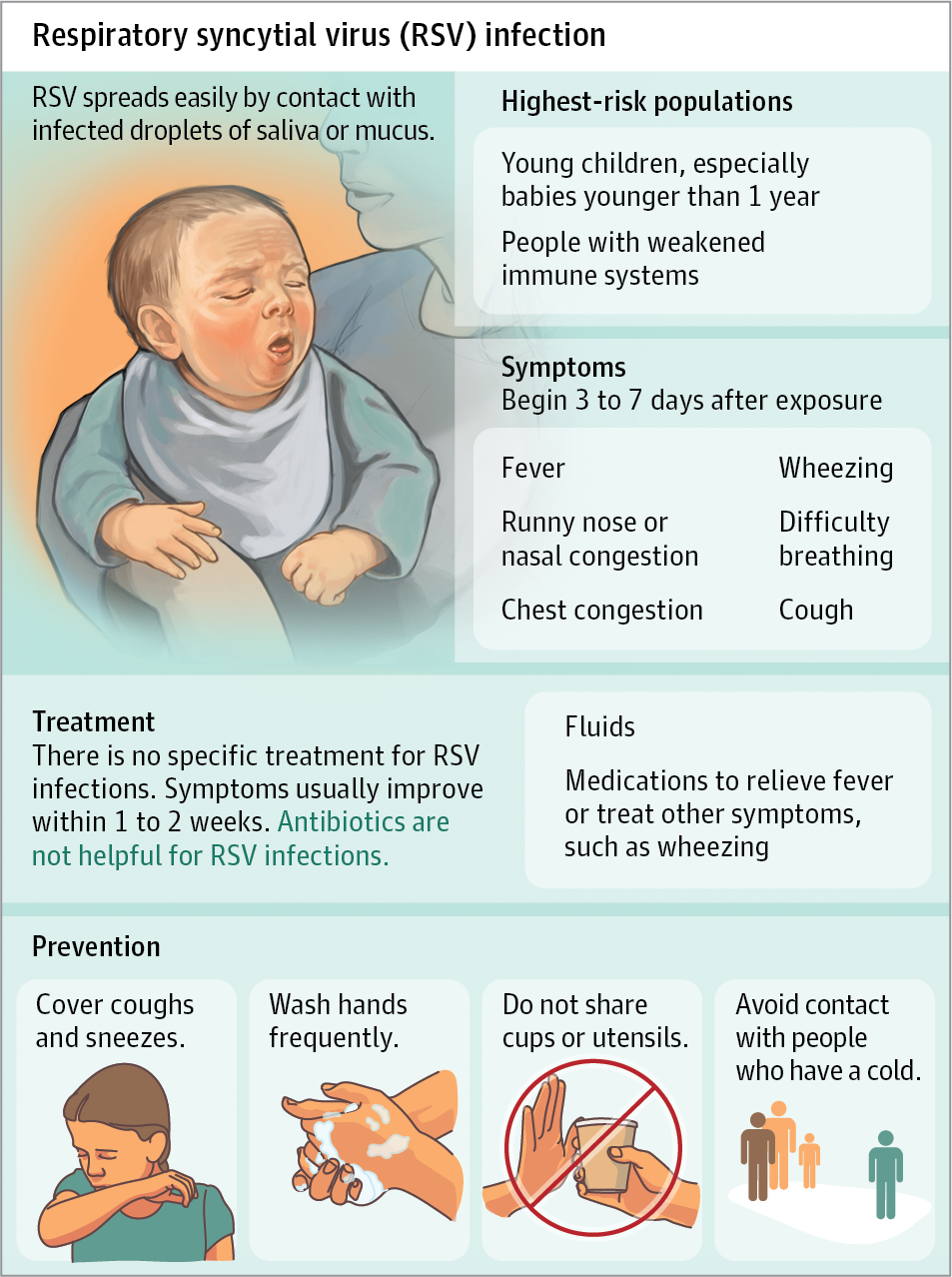
Respiratory Syncytial Virus Nursing Care Planning And Management
Rsv

Patient Education Bronchiolitis And Rsv In Infants And Children Beyond The Basics - Uptodate

Dr Laras Guide For Rsv Dr Laras Blog

What Does Rsv Look And Sound Like In Babies And Kids - Youtube

Rsv In Babies Symptoms Causes And Treatment Happiest Baby

Rsv Diagnosis Treatment And Prevention Via Drgreenecom
Parents And Caregivers - Childrens Healthcare Of Atlanta
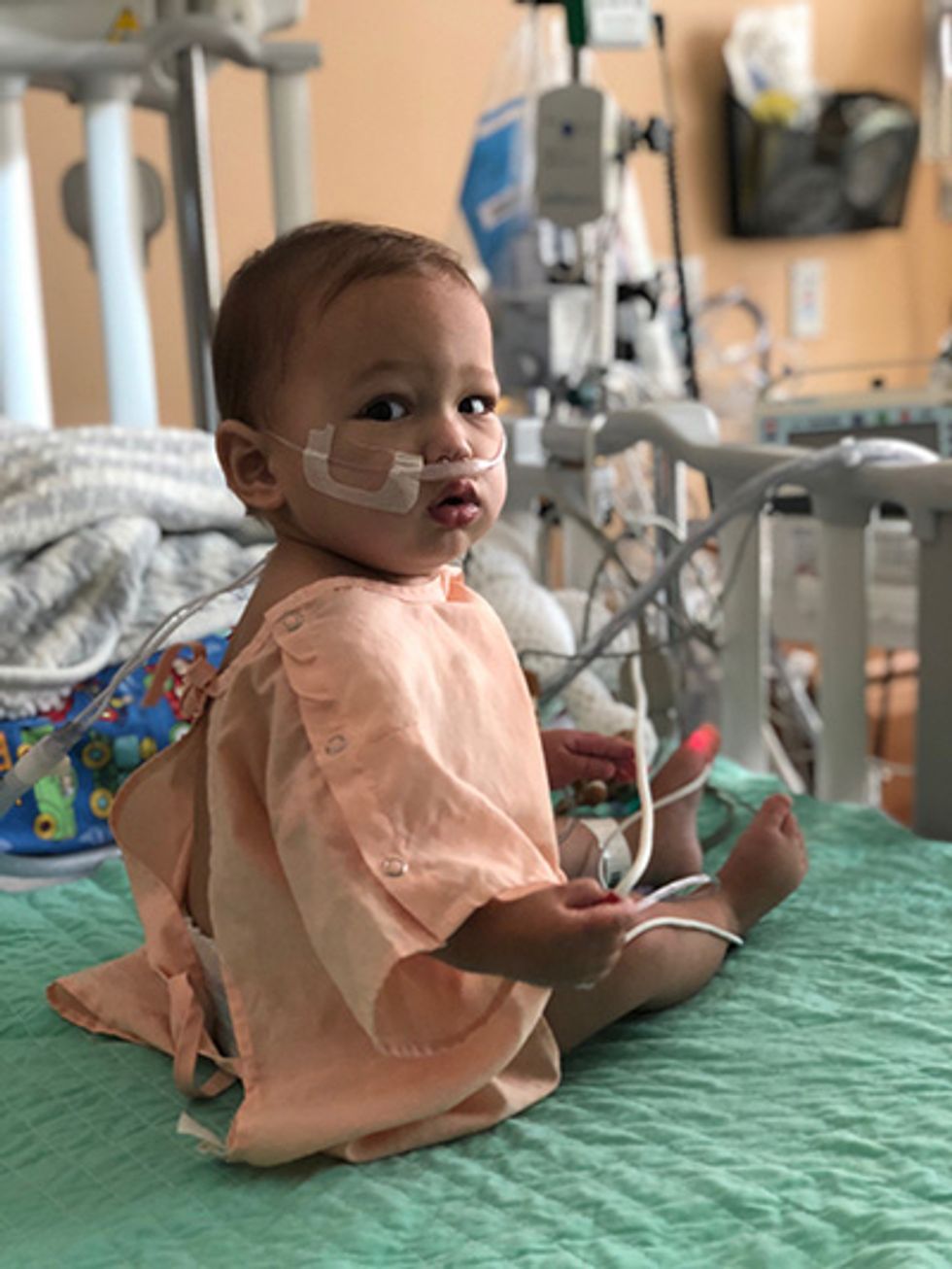
Rsv It Can Happen To You - Healthywomen
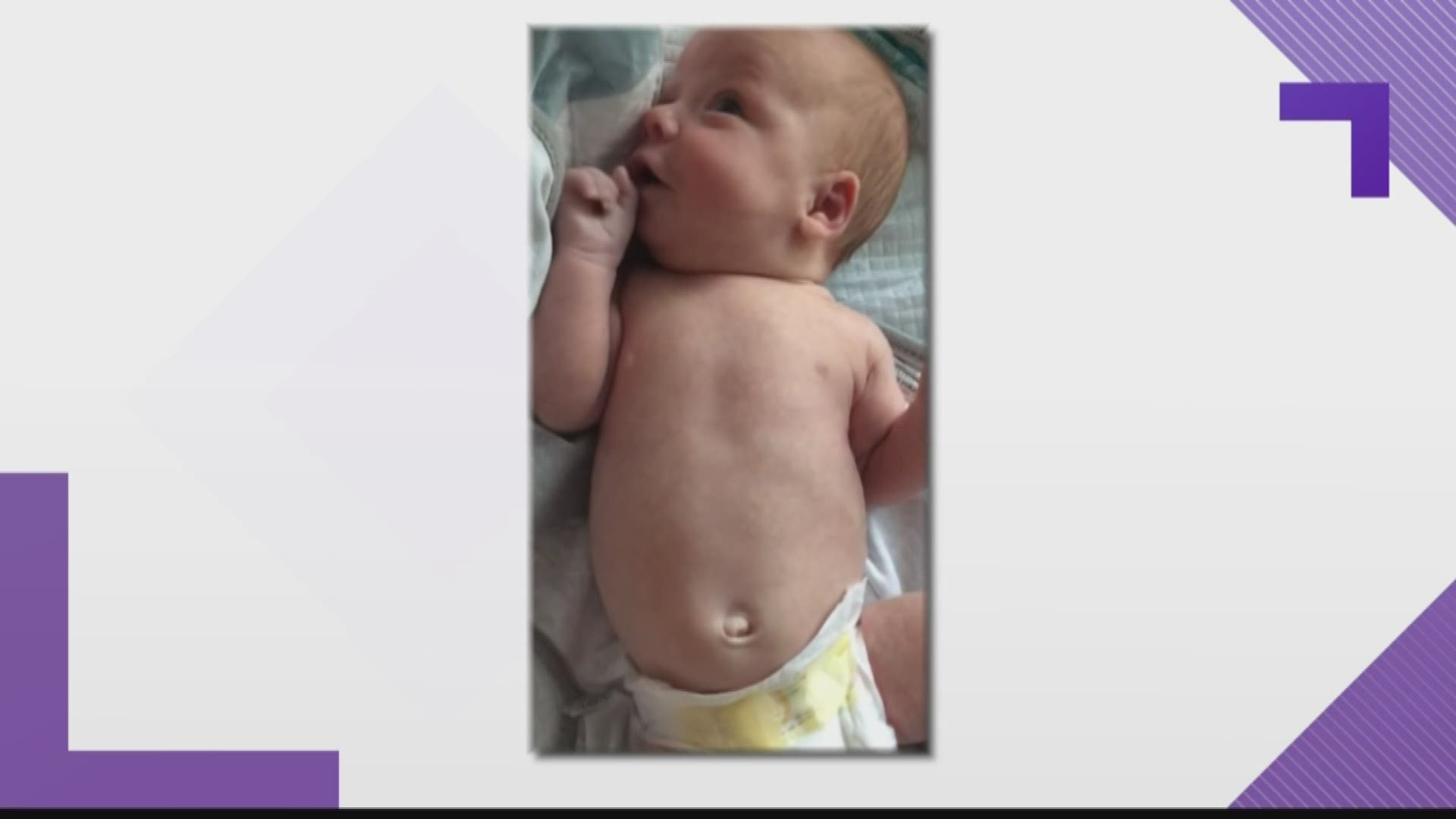
Rsv Cases Increasing What Are The Warning Signs 11alivecom

5 Rsv Symptoms In Newborns Never To Ignore Parents

The Abcs Of Rsv Signs Symptoms University Of Utah Health

What Does Rsv Look And Sound Like In Babies And Kids - Youtube

Two Rsv Patients - Youtube
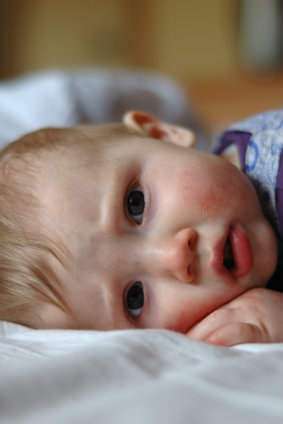
10 Things Every Parent Should Know About Rsv Respiratory Syncytial Virus Montreal Childrens Hospital
![]()
Rsv Example - Retractions And Nasal Flaring On Vimeo

Bronchiolitis In Babies - What Should You Do Channel Mum - Youtube


